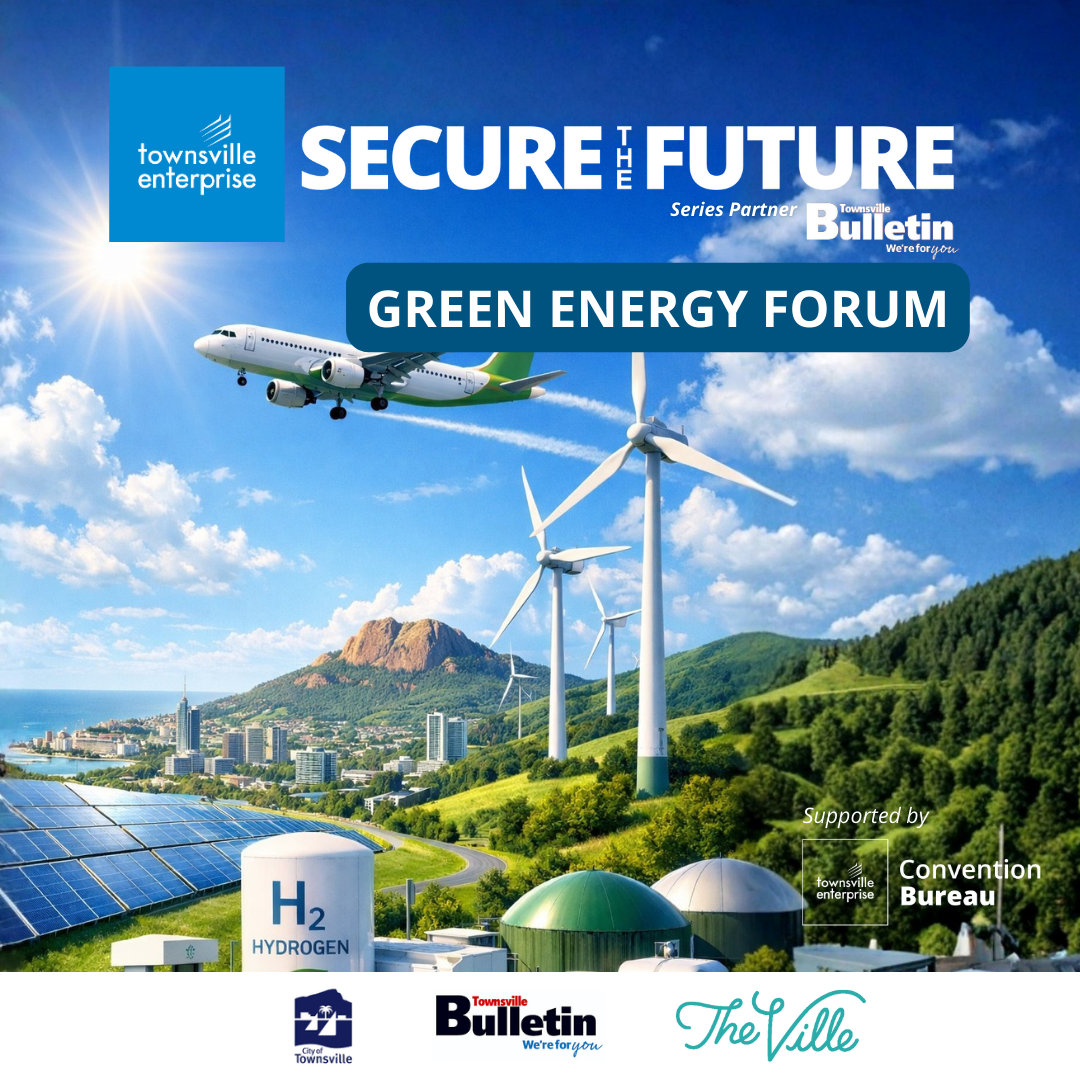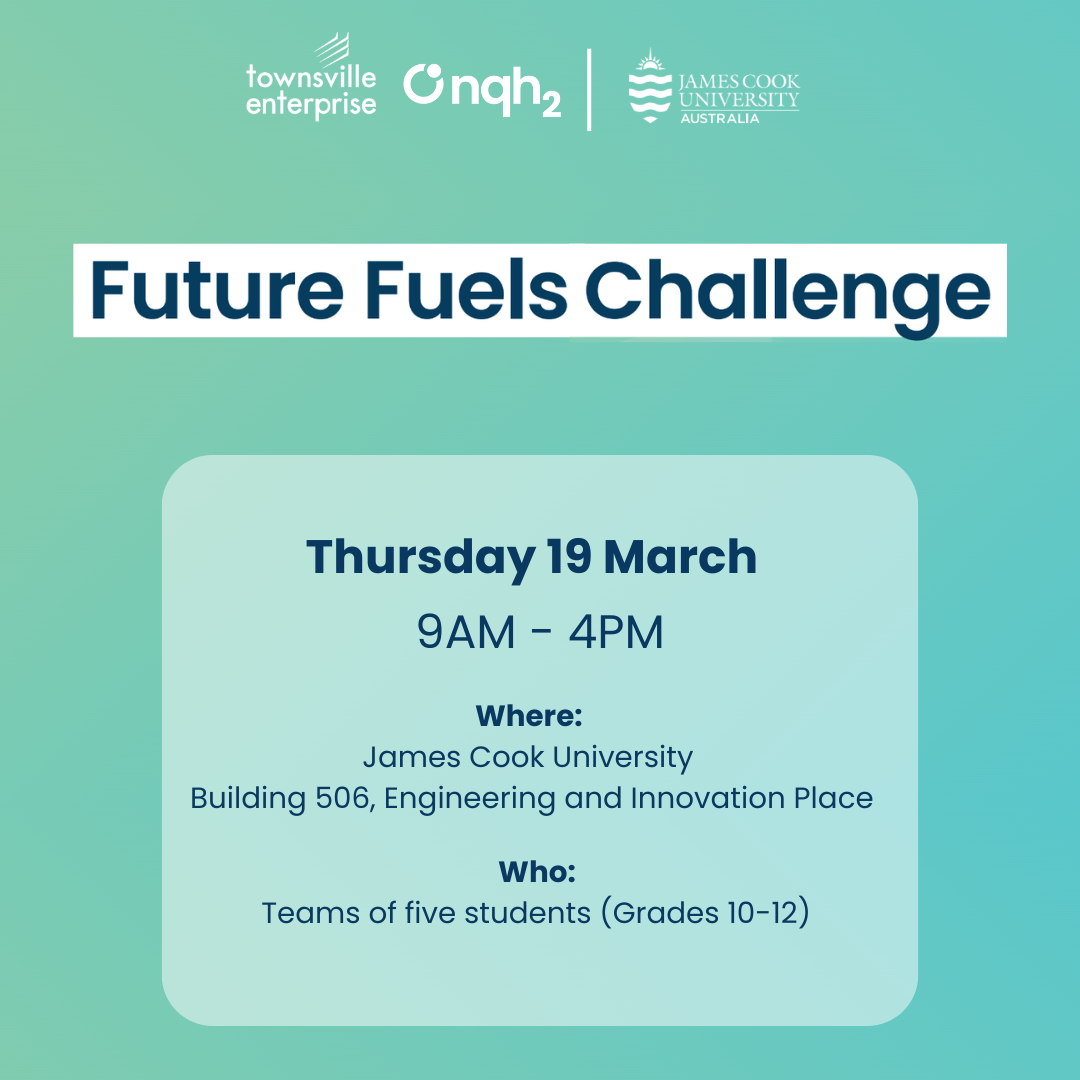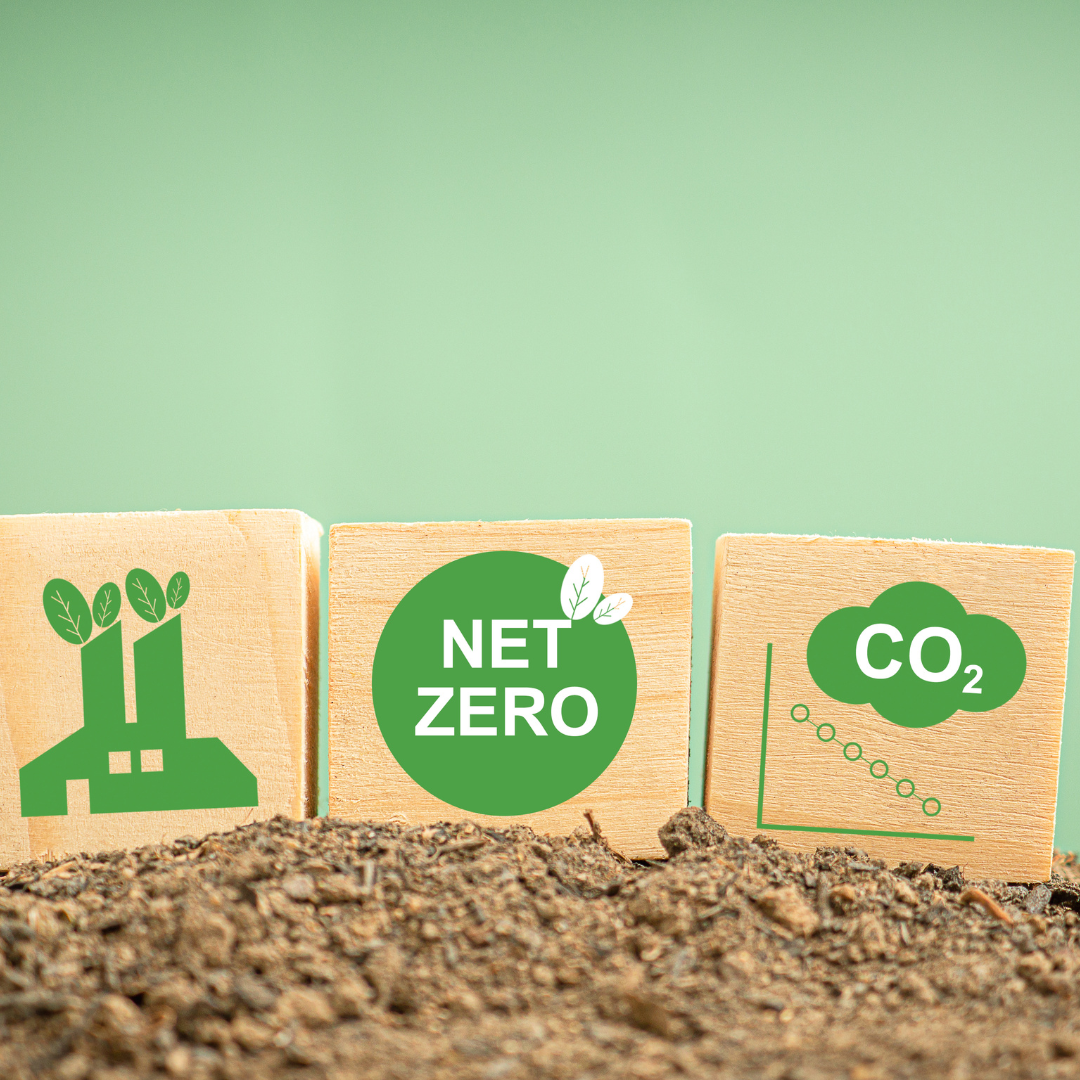Fuelling Our Future
North Queensland’s renewable transformation
The North Queensland region is undergoing a renewable energy transformation. Harnessing the abundant natural resources, sunshine and land, investors from across Australia and the world have made the first steps to becoming Australia’s leading hydrogen hub that can specialise in green hydrogen.
We're an important and critical link in the supply chain for Australia to become a major renewable hydrogen producer and supplier.
A hydrogen industry means jobs in science, engineering and trades, not to mention the environmental benefits that come with a renewable economy. We're building futures with hydrogen, and it's happening right here in Townsville North Queensland!
About hydrogen
Did you know that hydrogen is the most abundant element in the universe? Not only is this a fact, but it also presents immense opportunity in the development of renewable energy on Earth - something that the region of Townsville North Queensland is leading! Learn more about this exciting new resource, and how it’s shaping your world and Fuelling Our Future!
-
Hydrogen is the simplest national element on Earth, and the most abundant element in the universe.
-
Hydrogen has been used since the 1950s for space exploration, powering NASA rockets and other space vehicles.
-
It takes hundreds of jobs of all kinds to make hydrogen, which is what makes this new industry so exciting. Jobs include research and development, engineering, and manufacturing; operations and management; and communications, and training.
Map of North Queensland’s proposed or projects underway in the Hydrogen and green energy sector.
Hydrogen is happening in North Queensland, right now!
Hydrogen isn’t just an idea… it’s happening in North Queensland right now. Projects such as Copperstring 2032, Ark Energy’s hydrogen production facility and new hydrogen powered truck, Kidston Pumped Storage, (operational by the end of 2022), Edify Energy’s consented 200 MW Majors Creek Solar Power Station project and other large scale renewable projects will ensure that that the region has the foundations to accelerate the hydrogen industry for domestic and global demand.
With many of the projects conditionally allocated land at Northern Australia’s prominent eco-industrial precinct - Lansdown Eco-Industrial Precinct, companies such as Queensland Pacific Metals Townsville Energy Chemicals Hub project, Edify Energy’s green hydrogen production facility, and Project Green Poly are already well advanced in planning for construction over coming years.





Frequently asked questions
Around half of Queensland’s total energy consumption comes from oil and gas and Queensland’s economy relies on these fuels, particularly diesel, to power industry and community. There are multiple sustainable fuels which play a role to support Queensland’s energy transition - hydrogen being one, but with all new economies, there are things you need to know.
-
Hydrogen is already used by several industries around the world.
One of the most progressed, is Europe, where by the end of 2022, there were 476 operational hydrogen production facilities capable of producing 11.33 Mt of hydrogen annually.
Energy applications include:
Space exploration and aviation
Global logistics
Public transportation
Personal transportation
Power generation and backup power generation
-
Understanding the safety aspects of hydrogen is essential to achieve reliable, safe, and effective use of hydrogen as a clean energy source.
By their nature, all fuels have some degree of danger associated with them. The safe use of any fuel focuses on preventing situations where the three combustion factors—ignition source (spark or heat), oxidant (air), and fuel—are present.
With a thorough understanding of fuel properties, we can design fuel systems with appropriate engineering controls and establish guidelines to enable the safe handling and use of a fuel. Hydrogen is at its early stages of development but just like any other fuel, it has the capacity to be used safely in every day’s life.
A number of hydrogen's properties actually make it safer to handle and use than the fuels commonly used today.
For example, hydrogen is non-toxic. Because hydrogen is much lighter than air, it dissipates rapidly when it is released, allowing for relatively rapid dispersal of the fuel in case of a leak.
The truth is that hydrogen-powered cars, for example, are just as safe as EVs and petrol-powered cars. It’s also worth keeping in mind that the average full petrol fuel tank has about four times the explosive power of a hydrogen fuel cell tank.
In Queensland, hydrogen safety regulation helps ensure it is safely produced, stored and transported.
While hydrogen has served mostly as an input into a range of industrial processes, it has the potential to be used across a number of applications.
The Hydrogen safety code of practice 2023 provides safety requirements for supply of fuel gas and a framework on how to comply with safety requirements for hydrogen fuel gas under the Act.
-
Hydrogen requires water to be made through a process called electrolysis.
To do this sustainably, most of the water used for the electrolysis process is recycled and purified water.
To support the development of green hydrogen production operations and attract and secure future industry and jobs for Townsville, the Townsville Water Security Taskforce Final Report (2018) identified an opportunity to expand Townsville’s water availability by treating water from the Cleveland Bay Wastewater Treatment Plant.
Developing a Recycled Water Treatment Facility (RWTF) and supporting pipeline infrastructure will support hydrogen production operations and attract and secure future industry and jobs for Townsville.
Using recycled water facilitates Queensland ambitions to be at the forefront of renewable hydrogen production in Australia, supplying an established domestic market and export partners with a safe, sustainable and reliable supply of hydrogen.
-
Initially, most of the primary benefits of hydrogen production and use, will be for larger industries with heavy machinery etc., however, it is the flow-on effects from hydrogen and future fuel production that is most exciting for the local community.
Benefits include:
Economic benefits: money saving in the cost of energy, and the flow-on effects from savings made higher in the supply chain.
Job creation: existing trades such as electrician, boilermaker, mechanical engineers will be in high demand.
There are also new career paths and opportunities in the hydrogen sector, with dedicated training in these fields now accessible at local training facilities such as the Hydrogen Training Facility at TAFE.
Environmental: Hydrogen can be produced from diverse domestic resources with the potential for near-zero greenhouse gas emissions. Once produced, hydrogen can generate electrical power in a fuel cell, emitting only water vapor and warm air. With the region’s aspirations toward green hydrogen, this also means that the power needed to create hydrogen through electrolysis will be delivered through renewable energies such as solar and wind, carried to production facilities in Townsville along the new CopperString transmission line.
Upcoming events
Get involved in the exciting future of hydrogen with some of these upcoming events.







